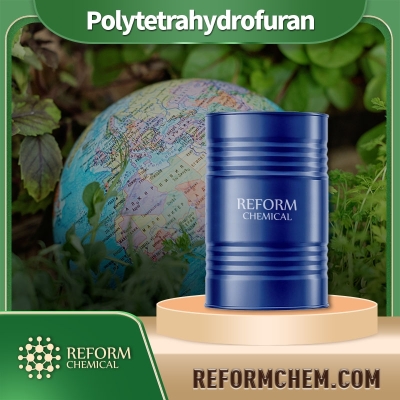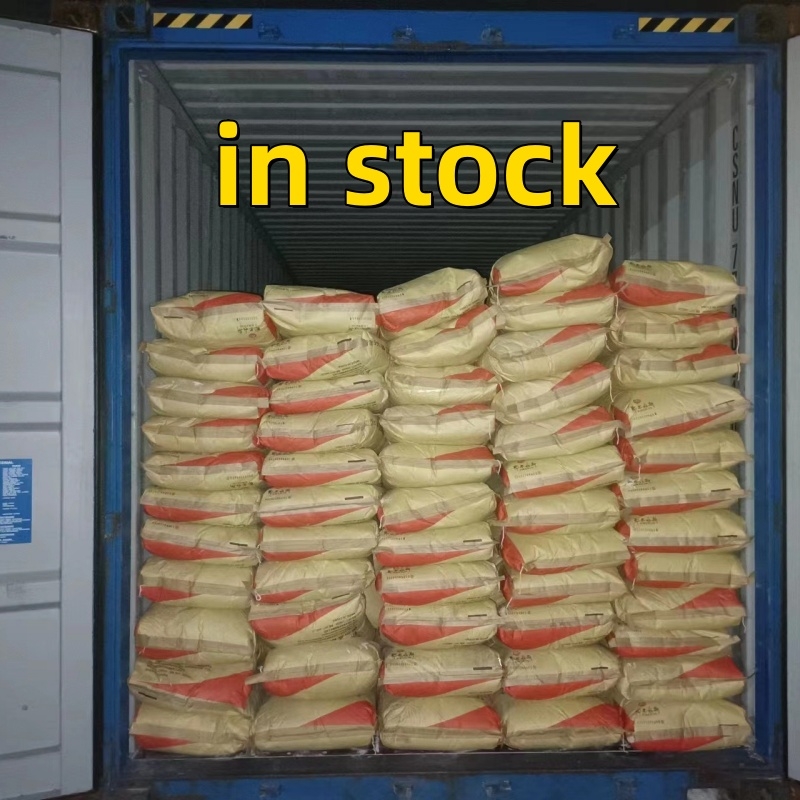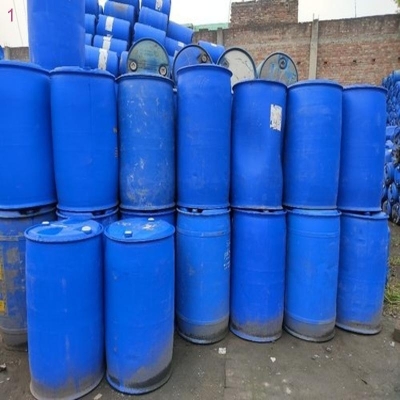-
Categories
-
Pharmaceutical Intermediates
-
Active Pharmaceutical Ingredients
-
Food Additives
- Industrial Coatings
- Agrochemicals
- Dyes and Pigments
- Surfactant
- Flavors and Fragrances
- Chemical Reagents
- Catalyst and Auxiliary
- Natural Products
- Inorganic Chemistry
-
Organic Chemistry
-
Biochemical Engineering
- Analytical Chemistry
-
Cosmetic Ingredient
- Water Treatment Chemical
-
Pharmaceutical Intermediates
Promotion
ECHEMI Mall
Wholesale
Weekly Price
Exhibition
News
-
Trade Service
According to Reuters on October 15, the Philippines said on Sunday that it would suspend the implementation of further excise tax increases on fuel products to curb rising inflation expectations
.
The tax was originally due to take effect
in January 2019.
Inflation in the Philippines, one of Asia's fastest-growing economies, has been rising since January of this year, due to tax increases, rising food and fuel prices, and a weaker Philippine currency, leading to Rodrigo.
President Duterte's approval ratings fell
.
Under the Accelerated and Inclusive Tax Reform Act (TRAIN), excise taxes on fuel products will be gradually raised between 2018 and 2020, with the first increase taking effect in January and the second increase taking effect
on January 1.
According to the average Platts Singapore index, the law allows for a pause in the second price increase if the average price
of Dubai crude reaches or exceeds $80 per barrel between October and December 2018.
"The president announced ahead of the question ahead of the suspension of the January 2019 increase in oil consumption," and that "today's prices and multiple estimates of crude oil prices over the next two months suggest that average prices will remain above the $80 threshold
," the Treasury Department said in a statement.
”
The government expects a pause in tax increases to help curb inflation, which rose to 6.
7 percent in September, the fastest in nearly a decade and the seventh consecutive month this year that it exceeded its 2-4 percent target
.
According to Reuters on October 15, the Philippines said on Sunday that it would suspend the implementation of further excise tax increases on fuel products to curb rising inflation expectations
.
The tax was originally due to take effect
in January 2019.
Inflation in the Philippines, one of Asia's fastest-growing economies, has been rising since January of this year, due to tax increases, rising food and fuel prices, and a weaker Philippine currency, leading to Rodrigo.
President Duterte's approval ratings fell
.
Under the Accelerated and Inclusive Tax Reform Act (TRAIN), excise taxes on fuel products will be gradually raised between 2018 and 2020, with the first increase taking effect in January and the second increase taking effect
on January 1.
According to the average Platts Singapore index, the law allows for a pause in the second price increase if the average price
of Dubai crude reaches or exceeds $80 per barrel between October and December 2018.
"The president announced ahead of the question ahead of the suspension of the January 2019 increase in oil consumption," and that "today's prices and multiple estimates of crude oil prices over the next two months suggest that average prices will remain above the $80 threshold
," the Treasury Department said in a statement.
”
The government expects a pause in tax increases to help curb inflation, which rose to 6.
7 percent in September, the fastest in nearly a decade and the seventh consecutive month this year that it exceeded its 2-4 percent target
.







